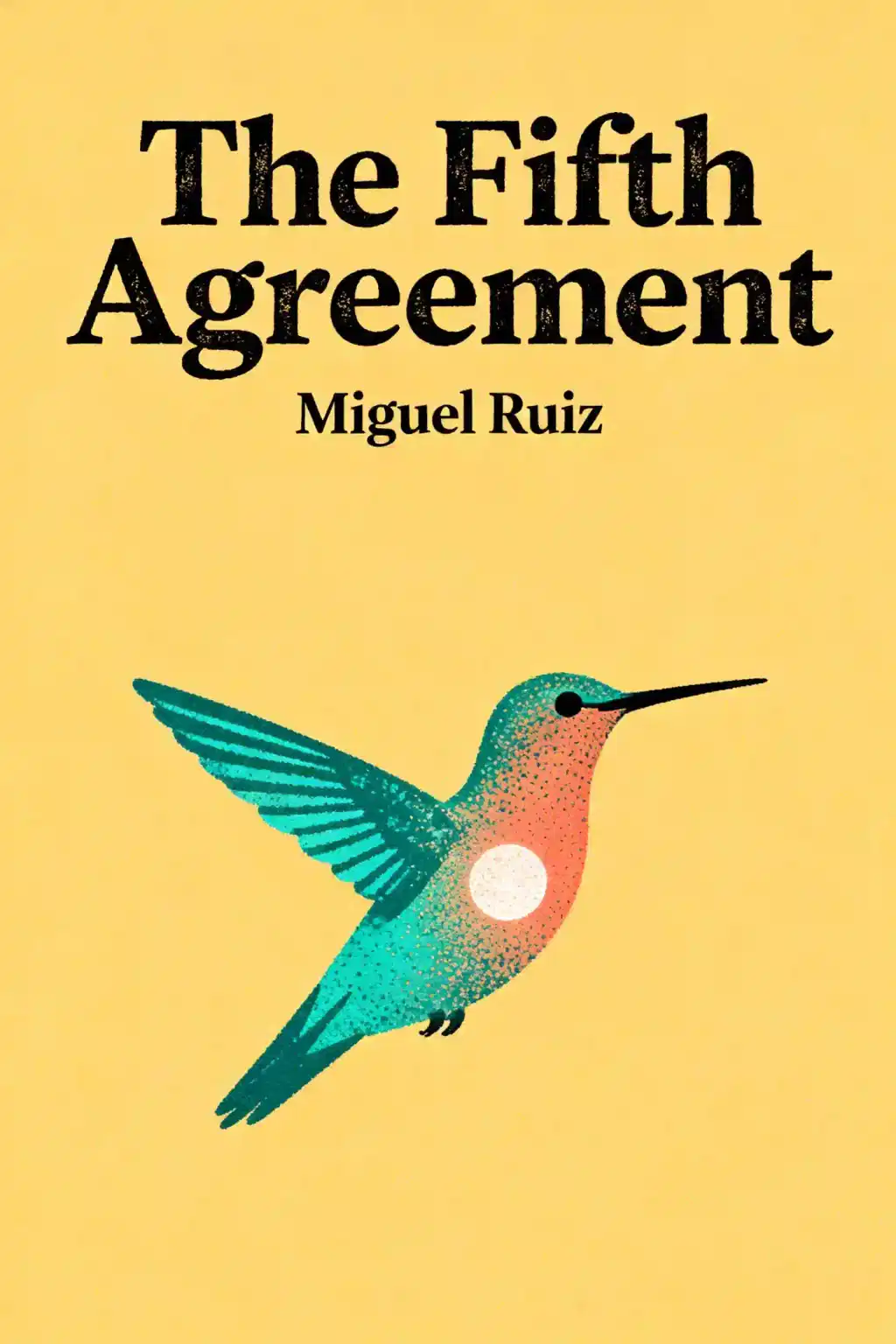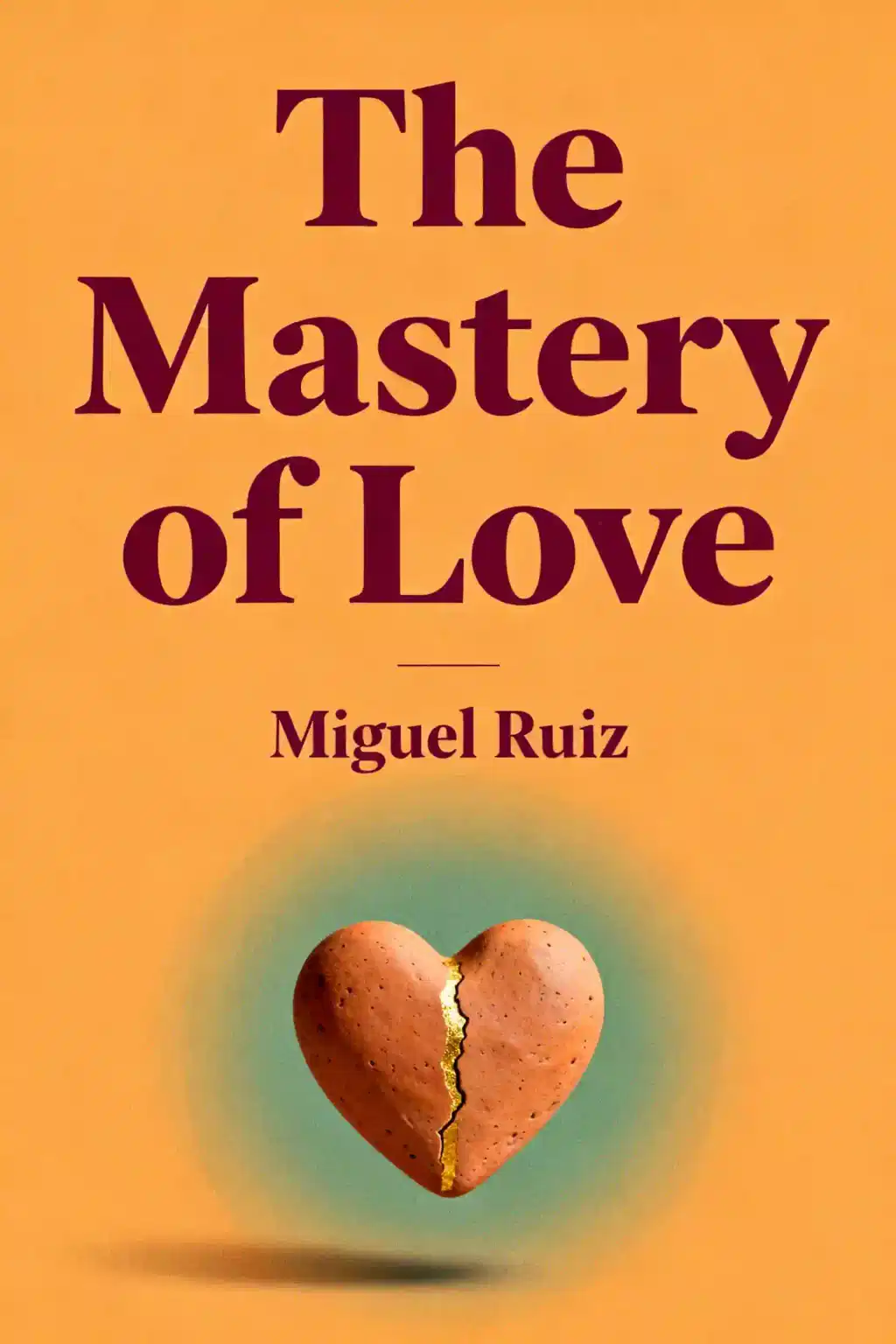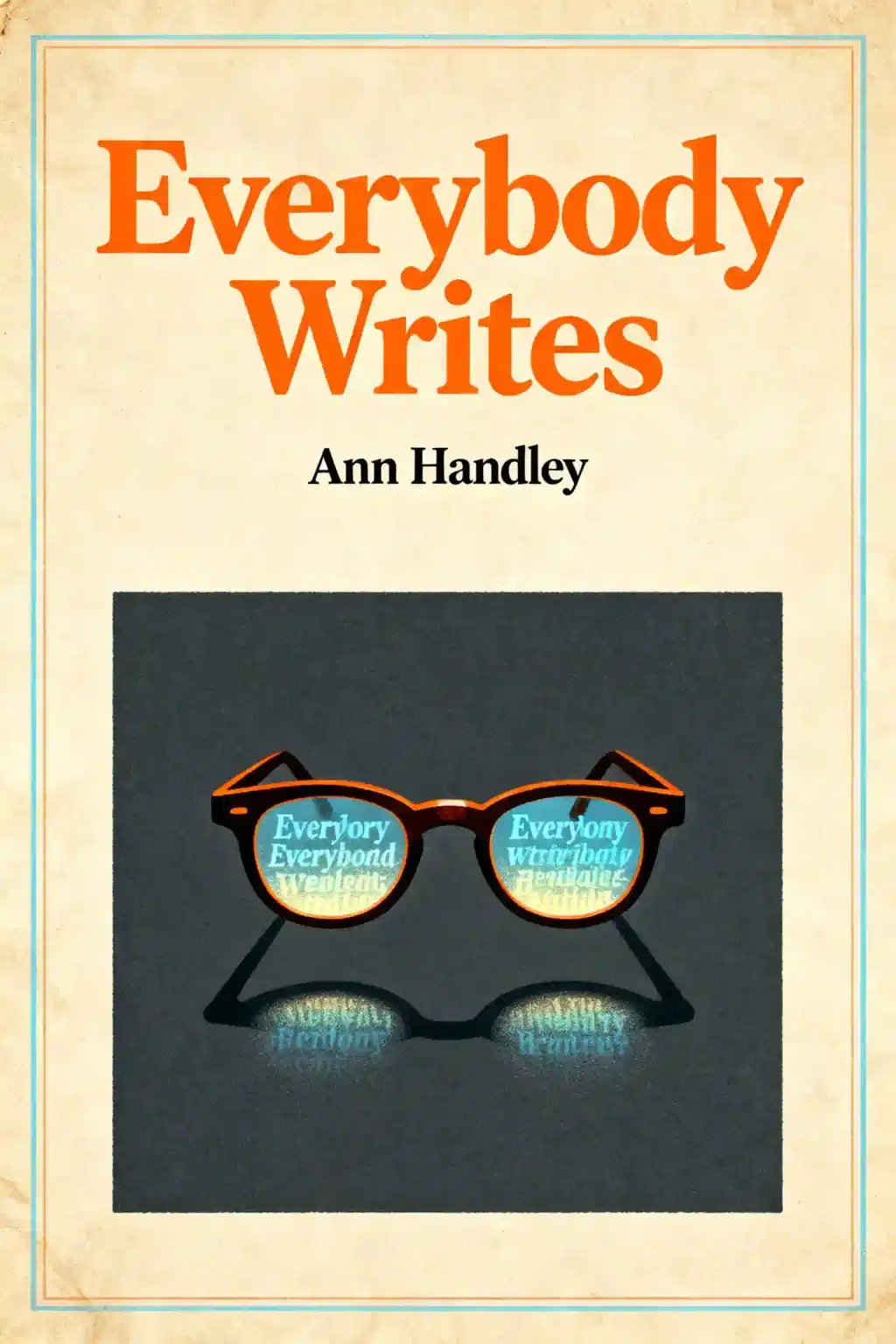What is The Fifth Agreement about?
The Fifth Agreement by Don Miguel Ruiz and Don Jose Ruiz is a transformative guide based on ancient Toltec wisdom that teaches five principles for personal freedom and self-mastery. The book explores how societal "domestication" shapes our beliefs and introduces a fifth agreement—"be skeptical, but learn to listen"—to help readers question limiting beliefs, recover their authentic selves, and achieve lasting happiness. It builds upon the foundation of The Four Agreements with deeper awareness of perception and truth.
Who wrote The Fifth Agreement and what is their background?
The Fifth Agreement was co-authored by Don Miguel Ruiz and his son Don Jose Ruiz, who represent the Eagle Knight lineage of Toltec wisdom. Don Miguel Ruiz is the internationally bestselling author of The Four Agreements, which has sold over 10 million copies in the US and been translated into 46 languages. The Ruizes present these teachings not as religion but as practical life philosophy rooted in ancestral knowledge preserved by ancient Mexican intellectuals called naguals.
Who should read The Fifth Agreement by Don Miguel Ruiz?
The Fifth Agreement is ideal for anyone seeking personal transformation, emotional freedom, and authentic self-expression. It particularly benefits readers struggling with self-judgment, people-pleasing behaviors, or inherited limiting beliefs from childhood domestication. Those interested in spiritual growth without religious dogma, fans of The Four Agreements seeking deeper insights, and individuals navigating life transitions will find practical wisdom in this book.
Is The Fifth Agreement worth reading in 2025?
The Fifth Agreement remains highly relevant in 2025 as it addresses timeless human struggles with authenticity, self-acceptance, and breaking free from societal conditioning. Its practical framework for questioning beliefs and listening to inner truth offers valuable tools for navigating modern challenges like information overload and social media distortion. The book's predecessor, The Four Agreements, has been a New York Times bestseller for over a decade and promoted multiple times by Oprah Winfrey, demonstrating enduring cultural impact.
What are the five agreements in The Fifth Agreement by Don Miguel Ruiz?
The five agreements in The Fifth Agreement are:
- Be impeccable with your word
- Don't take anything personally
- Don't make assumptions
- Always do your best
- Be skeptical, but learn to listen
The first four agreements provide the foundation for breaking limiting beliefs, while the fifth agreement adds a deeper layer of discernment by encouraging healthy skepticism toward all information while maintaining openness to truth.
What does "be skeptical but learn to listen" mean in The Fifth Agreement?
"Be skeptical but learn to listen" means questioning all information—including your own thoughts—while remaining open to deeper truths beyond words. Skepticism involves recognizing that language inherently distorts reality and that everyone interprets life through their personal "dream" or subjective lens. Learning to listen means tuning into the intent behind words and your inner wisdom rather than accepting statements at face value, which liberates you from false narratives and self-created suffering.
What is the difference between The Four Agreements and The Fifth Agreement?
The Fifth Agreement is a sequel that recaps The Four Agreements while adding a powerful fifth principle and deeper philosophical context. While The Four Agreements focuses on breaking free from limiting beliefs through four core practices, The Fifth Agreement explores the nature of truth, perception, and how symbology shapes reality at a more advanced level. Don Miguel Ruiz collaborates with his son Don Jose Ruiz in this book to offer fresh perspective and take readers to deeper awareness of personal power and authenticity.
What is domestication in The Fifth Agreement by Don Miguel Ruiz?
Domestication in The Fifth Agreement refers to the childhood process where beliefs are imposed through punishment and reward systems rather than chosen freely. Children learn to please others by conforming to societal expectations, internalizing labels of "good" and "bad" that eventually become an internal "tyrant" controlling their lives. This process strips away authentic nature and creates fear of rejection and inadequacy, causing individuals to pursue perfection based on others' standards rather than their true selves.
What are the three dreams of attention in The Fifth Agreement?
The three dreams of attention are levels of consciousness:
- the first attention (ordinary dream) where individuals become victims of self-created symbols and absorbed beliefs from society
- the second attention (dream of warriors) where people question accepted beliefs and battle their internalized "tyrant" or judgmental belief system
- the third attention (dream of masters) where complete self-acceptance is achieved after the "last judgment," resulting in inner peace, truth, respect, love, and joy
How can The Fifth Agreement help with personal transformation and self-mastery?
The Fifth Agreement helps personal transformation by teaching readers to question limiting beliefs from domestication while listening to their authentic inner voice. By practicing healthy skepticism toward mental narratives and societal conditioning, individuals can break free from self-judgment, fear of rejection, and the need for external validation. The book emphasizes that awareness alone isn't enough—consistent practice of the five agreements transforms years of unconscious patterns into conscious self-mastery and genuine freedom.
What is Toltec wisdom in The Fifth Agreement?
Toltec wisdom in The Fifth Agreement refers to spiritual knowledge preserved by ancient Mexican intellectuals who gathered at Teotihuacán, not a racial group but a community of scholars. These teachings were protected by practitioners called naguals through various lineages, with Don Miguel Ruiz and Don Jose Ruiz representing the Eagle Knight lineage. The authors present this wisdom as practical life philosophy rather than religion, offering accessible paths to happiness, love, and authentic living without dogmatic constraints.
What are common criticisms of The Fifth Agreement by Don Miguel Ruiz?
While The Fifth Agreement has achieved significant cultural impact with its predecessor selling over 10 million copies and receiving Oprah's endorsement, some critics argue the concepts are overly simplistic or lack scientific grounding. The book's spiritual framework may not resonate with readers seeking evidence-based psychological approaches. Additionally, because The Fifth Agreement largely recaps The Four Agreements before introducing the fifth principle, some readers feel it could have been an addendum rather than a full sequel.














